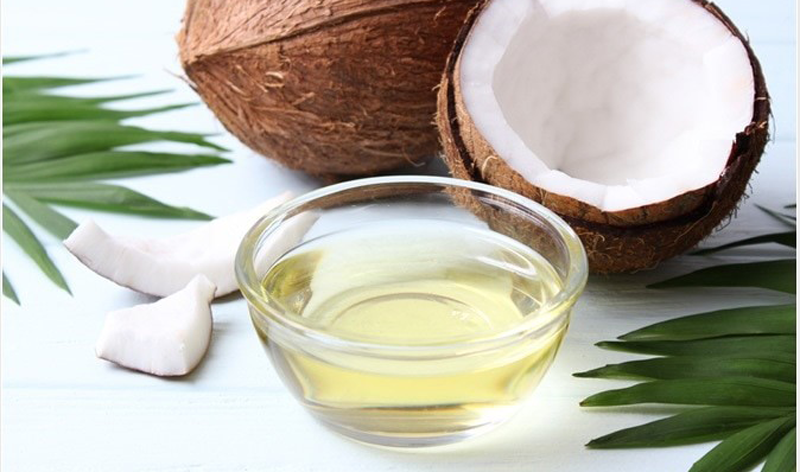As millions of patients and healthcare workers around the world fight COVID-19, the disease caused by the novel coronavirus, a group of scientists believe one potential treatment for the virus is already found on grocery store shelves: Virgin coconut oil (VCO).

As millions of patients and healthcare workers around the world fight COVID-19, the disease caused by the novel coronavirus, a group of scientists believe one potential treatment for the virus is already found on grocery store shelves: Virgin coconut oil (VCO). Clinical trials are currently underway at hospitals in the Philippines to determine whether they are correct.
The study includes a hospital-based component and a community-based component, according to Fortunato de la Peña, secretary of the Philippines’ Department of Science and Technology.
In the hospital study, “Virgin Coconut Oil and Omega-3a Adjunctive Therapy for Hospitalized Patients with COVID-19,” underway at the Philippine General Hospital, VCO will serve as a supplement to the daily treatment regimen of patients with COVID-19. The aim is to assess the possible benefits of VCO in patients with moderate to severe COVID-19, in addition to the drugs being assessed in the clinical trials.
The community component, COVID-19 Persons Under Investigation (PUIs), will be conducted at isolation facilities in communities and hospitals in the capital region. The national Food and Nutrition Research Institute will incorporate VCO in the food provided to PUIs, with an aim of assessing the potential benefits for patients with COVID-19 and those in high-risk groups.
For thousands of years, coconut has been an essential part of the diet of people living in the tropics, says Fabian M. Dayrit, president of Integrated Chemists of the Philippines and chemistry professor at Ateneo de Manila University in the Philippines. But it offers more than nourishment: Coconut meat contains about 20% coconut oil.
“Coconut oil is a unique vegetable oil in that it has a high proportion of lauric acid; no other widely consumed vegetable oil has this,” explains Dayrit. “When ingested into the body, the body’s lipase enzymes release metabolites, which are the active compounds—mainly monolaurin and lauric acid.”
Monolaurin is used by the food industry as an emulsifier and natural preservative against bacteria and is also the active ingredient in many dermatological preparations, Dayrit says. Together, monolaurin and lauric acid have the physicochemical property of being able to destroy the membrane of lipid-coated viruses. The antiviral activities of lauric acid and monolaurin were first noted in a 1979 study and later in 1982 [pdf]. Because the virus that causes COVID-19 (SARS-CoV-2) is a lipid-coated virus, coconut oil seems promising.
“The science and practical uses of lauric acid are well-known,” Dayrit says. “What is needed now are clinical trials to validate this and to recommend the amount of intake.” Before the clinical studies were approved, Dayrit’s team was experimenting with in vitro efficacy against SARS-Cov-2 and sharing the protocol for the use of VCO among medical staff. Dayrit and partner Mary Newport wrote about their work on the university’s website.
The amount of lauric acid found in VCO ranges from 45% to 53% of total fatty acids, depending on the age, variety, and location of the coconut. Because CVO is readily available and no toxicity has been observed in several acute dose studies, it could be easy for patients to access.
“There is some similarity here with the AIDS epidemic when people just ignored the rules and experimented on themselves and claimed a cure,” Dayrit says. “The volume of anecdotal evidence forced the authorities to fast track approval. We’re in a worse situation now, so we have to fast track the studies.
Source: https://www.ift.org/iftnext/2020/april/researchers-think-coconut-oil-may-help-treat-covid-19-patients